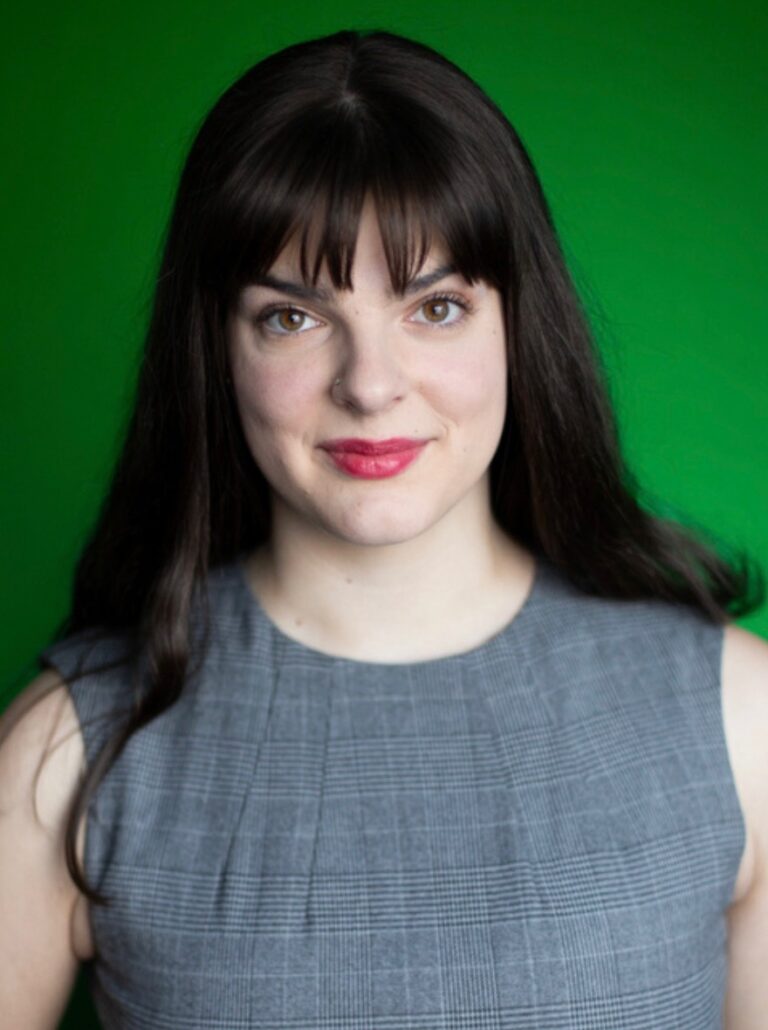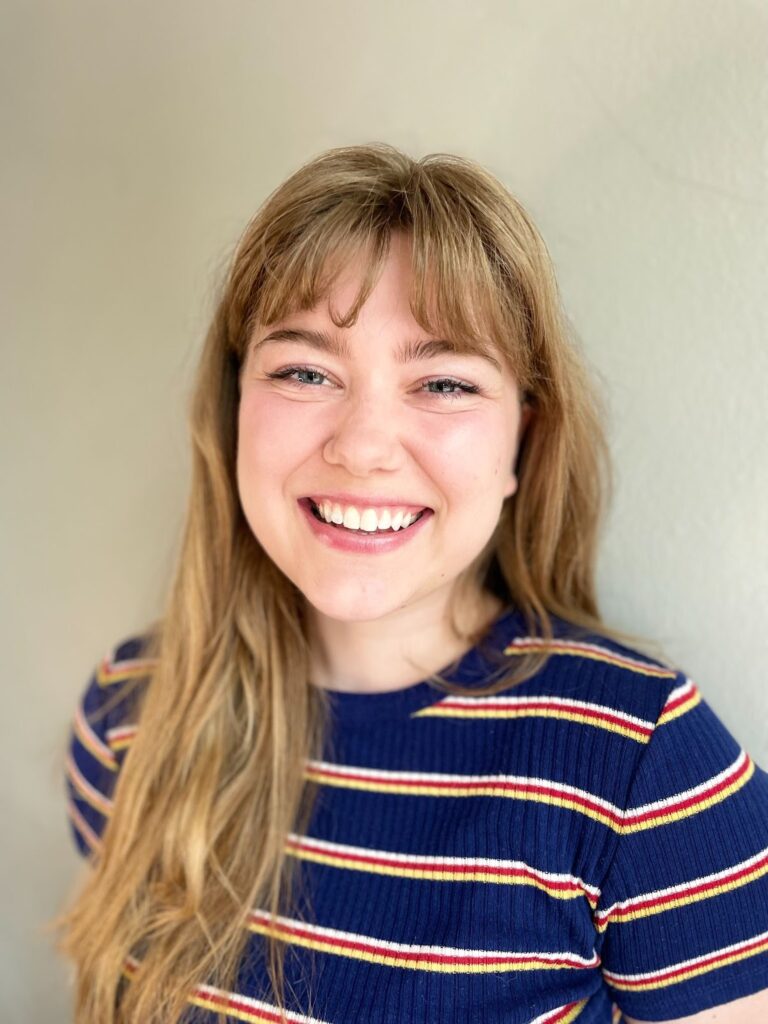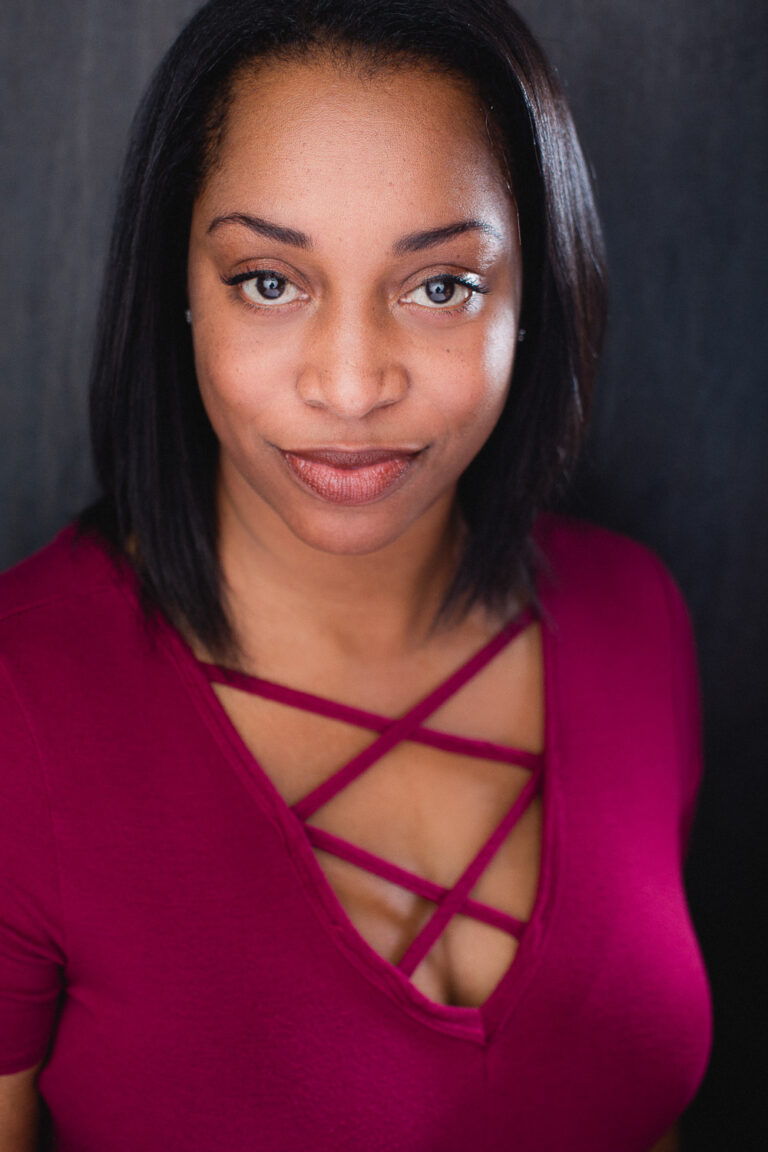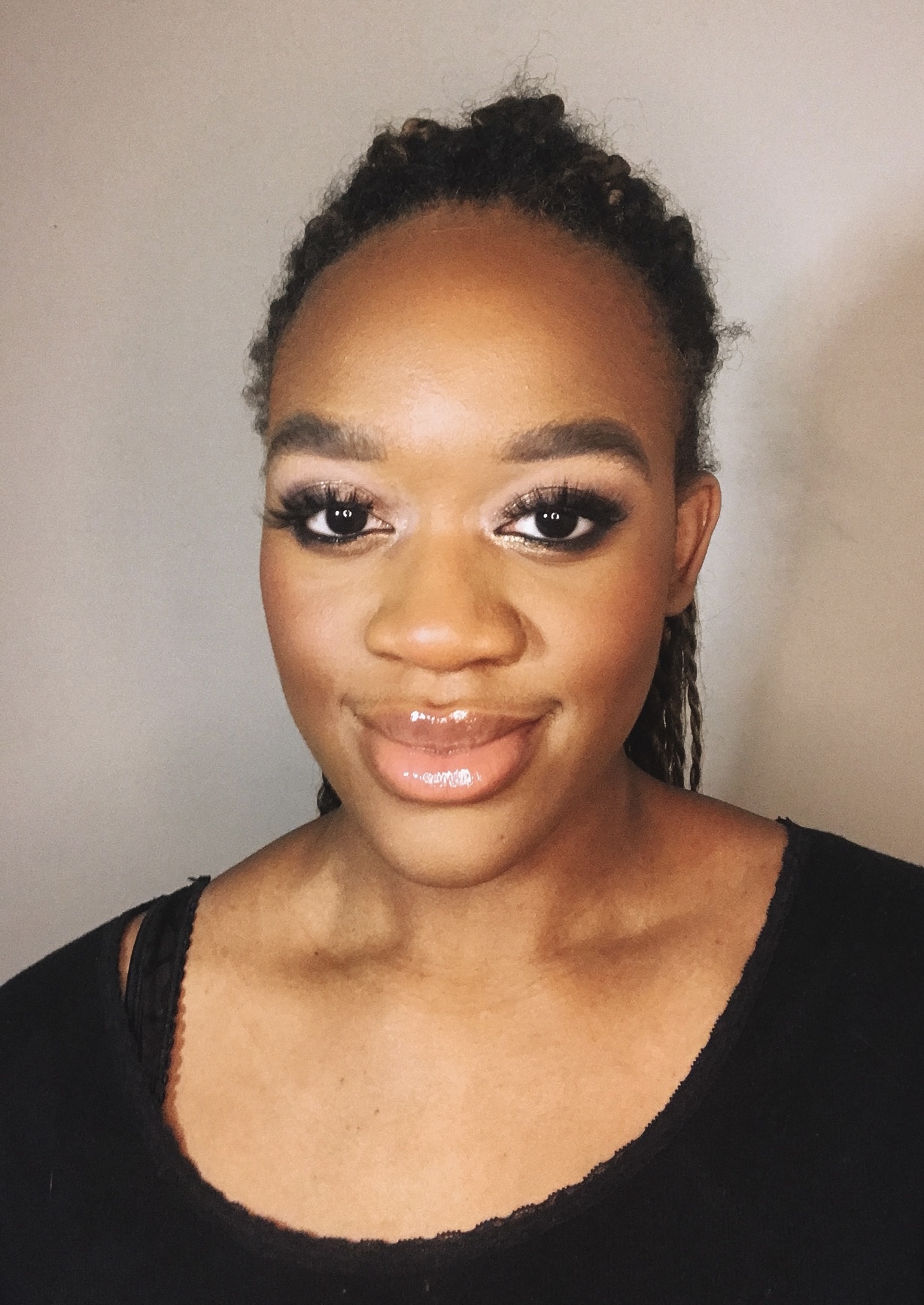
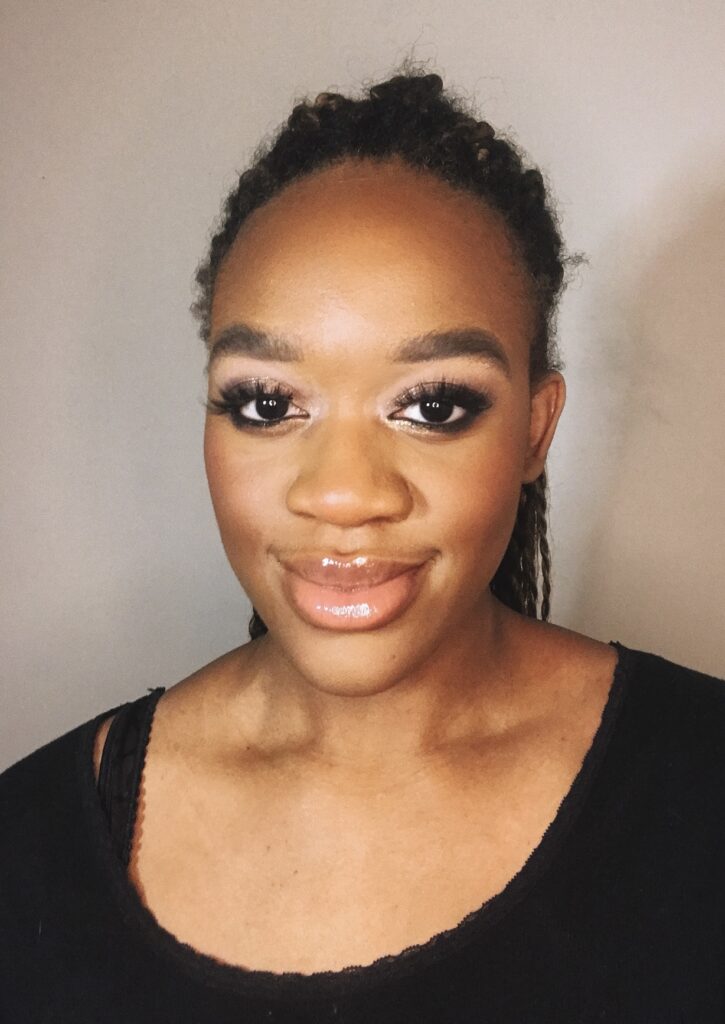
Interview with 2021 Broadway Licensing Scholarship Recipient Chidera Nwoko
Written by Micah C. Beachy
Below is an interview with Chidera Nwoko, the recipient of the 2021 Broadway Licensing Scholarship
Broadway Licensing provides $5,000 a year for a student at West Virginia University in partnership with West Virginia Public Theatre to produce original work. The scholarship is an award that was created by a loyal alumnus, Sean Cercone (CEO/President of Broadway Licensing, Owner of Dramatists Play Service), to encourage young artists to produce new works. The following interview details Chidera’s experience applying for, and then winning, the Broadway Licensing Scholarship.
Interviewer: Chidera, thank you so much for taking the time to meet with me on behalf of West Virginia Public Theatre today, and congratulations on getting chosen for the Broadway Licensing Scholarship. What made you want to enter the competition? Did you already have an idea in mind for it?
Chidera: Yeah, I’ve always written works. Writing actually is something that is a big focus of mine. I saw that the Sean Cercone scholarship was open and it kind of kicked me into gear to start writing again with the idea that I had been thinking about for a lot of years, but I just never had the motivation to do it. The Broadway licensing grant kind of came out like a beam of light and I was like this the proper time to do it.
Interviewer: I love that. Can you give us a brief overview of your project or what your story is?
Chidera: The story “Sugar Girl”, is about two cultures through grief. It is about two sisters, Adaeze and Oluchi, one of whom dies. Oluchi has to go to two funerals, one in America and one in their home country of Nigeria. It’s her experiences with both cultures, both families, the loss of your only other sibling. It’s just a lot of interconnected things that I’ve wanted to explore for a very long time.
Interviewer: What a deep and powerful story. Can you tell me a little bit about what the process was like coming up with that? Where did it stem from?
Chidera: My inspiration comes from a lot of places. One is the media that I adore and look up to because I love episodic work and works that kind of go forward and back in time or things that make you question whether or not something happened. I’m inspired by Fences and stories wherein things have been driven by characters and not by the plot. That was a really big influence.
I am Nigerian and so that was also a very big influence because I was born there and I was partially raised there – we moved when I was four or five. I have this duality in me, and my five siblings have this duality of being like, “how much are we Nigerian?”, “how much are we American?”. We go back all the time and there we’re treated as foreign, here we used to be treated as foreign, and it’s just this complex thing of feeling that you have two countries and feeling like you have no country, which is something that I wanted to explore. The grief element came from my brother, who passed away about four or five years ago.
It was actually where the idea of two funerals came – at the time because I wrote essays about it. I wrote essays about it then – how distinct the two funerals were, in West Virginia to like the heat of Nigeria; loudness, how people were, how people experience grief in such different ways.
I remember because I was 15 or 16 at the time, feeling like this is so, so different. What interests me is that so few things are universal. So much is related to culture and related to class-related gender and related to race. What cuts through it all, is these things that everyone, like absolutely everyone, will experience and that’s birth and death.
It almost gives you this visual snapshot of what a culture, what a place is like; to experience what a universal experience is for them; how two places experience life, how two places experience death. That’s a lot of what I wanted to put into “Sugar Girl”.
Interviewer: That is so powerful. I’m so sorry for your loss. The fact that you are taking such a personal and deep experience and using it to educate and share with other people, is really beautiful and brave. Thank you for putting that out into the world. It’s inspiring.
Chidera: I’m excited about it. I’m very close to my older sister, actually, I’m very close to all of my siblings, but she and I had a time where we wanted to express our grief in different ways. I told her I was writing this and I was semi-nervous that she would be upset. When I told her, she said “I’m so excited that you’re writing about it”. She’s been so supportive of me through this whole process. I think without her, I wouldn’t be the artist that I am and I wouldn’t be the person that I am.
Interviewer: Wow. That is so beautiful. There is something so precious about a sibling bond. Can you tell me a little bit about what the competition was like for you? What process did you have to go through here?
Chidera: I wrote a breakdown of the plot and sent a little bit of what I had written. Then I had to do the waiting period of figuring out whether or not my piece was one of the ones that was selected. I kept hearing about all these other people’s very wonderful pieces and I was getting nervous. Then, I got the email that I was a finalist. I was so excited. After that, you have to prepare for a final presentation where we created further documentation for our work. I created a proxy rehearsal call sheet and a lot of other worksheets to show that I am capable of producing a show.
I kept wondering who the other finalists were. Last year there were two. I found that one of my good friends was one and we were both under the assumption that it was only us – then two days before that there was a whole third person. We freaked out because that cut the chances down that ours could be selected even more.
Then we each had to pitch our play, the synopsis, and what we want to do with the money that we were given. Both of my other competitors were incredible. I loved both of their pieces. That’s what was really the amazing part – hearing everyone’s projects, hearing what everyone wanted to do with them. I was just astounded.
I remember feeling so acutely like I wasn’t going to win. Like, how would they take my piece out of these, like, two incredible pieces?
That’s what’s so exciting about this opportunity that I’ve been given, is that we’re all allowed to come up with these ideas that we can further develop our vision.
Interviewer: What surprised you the most through the whole process, through creating the piece, what were you most surprised by?
Chidera: I was surprised by the support system that I have. Sometimes being an artist, especially being an artist right now is very isolating, and you feel like you’re the only person in the world.
You worry about your art – if it’s good enough or even just enough. If I was going through this process alone, I would not feel as strongly about the piece that I have. I have a network of people where I can be like, “I sent you the most recent draft of my play, let’s set up a date where we can talk about it” and then we talk and I find out the places where it’s weak or strong and can adapt it. It felt like a look into what it will be like to be a professional person in the theater spaces – you get to have this support behind you and not have to do it alone.
Interviewer: Beautiful. What’s next for you?
Chidera: At the end of this project, I’m hoping that it gives me more stepping stones to be creative. I am thinking about what more at the CAC I can do, especially in my final year. I’m thinking about directing projects. I’m so excited about “Sugar Girl” and for people to see it and to hopefully have a better understanding of culture and grief – all of those aspects.
Interviewer: Thank you again for your time, it was so special getting to hear your story, and hear about your journey.
The production of “Sugar Girl” by Chidera Nwoko will be a result of West Virginia Public Theatre in partnership with the WVU School of Theatre and Dance and Broadway Licensing. For updates on all things happening at WV Public Theatre, follow us on social media platforms @wvpublictheatre.
